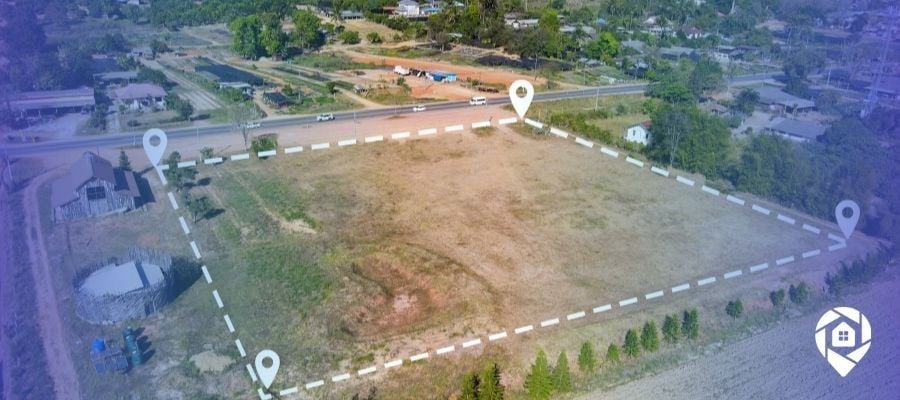
A Complete Guide to Wholesaling Real Estate in Pennsylvania

Dive into the exciting world of real estate investment, where there's plenty to gain and opportunities are everywhere. We're focusing on a clever approach called real estate wholesaling. Done right, it can bring in a regular income without needing a lot of money to start. Let's explore how wholesaling works, especially in Pennsylvania, and how it might be your next big financial move.
Understanding Wholesaling Real Estate
Essentially, wholesaling in real estate involves a sort of middleman - the wholesaler - who locates distressed properties and motivated sellers, negotiates a deal to purchase the property at a significantly lower price, and then sells the purchase contract to a real estate investor.
The fee earned by the wholesaler is typically the difference between their purchase price and the price they sell the contract for. The end investor is responsible for the property renovation and selling or renting out.
Wholesaling Real Estate in Pennsylvania
Pennsylvania, the keystone state, presents a lucrative terrain for real estate investing, including wholesaling. Pennsylvania, known for its diverse property types ranging from single-family homes to duplexes, and larger multi-family properties, provides multiple opportunities for gaining beneficial contracts.
However, the legal aspects are equally important to understand. Wholesaling is legal in Pennsylvania with the license requirements varying in different cities. We highly recommend seeking legal advice before venturing into wholesaling.

Step-by-Step Guide to Wholesaling Real Estate in Pennsylvania
Let's walk through the intricacies of a wholesale deal:
- Finding The Property: Distressed properties, foreclosure listings, tired landlords, tax liens, and direct mail marketing are just a few methods to find potential deals.
- Evaluate the Deal: It is extremely important to calculate the potential of the deal accurately. This includes calculating the After Repair Value (ARV) and estimating repair costs.
- Write The Contract: Once you locate a potential property and agree on a price with the seller, it is time to write a real estate contract. Make sure you have a clause demonstrating your intent for resale.
- Find a Cash Buyer: This step involves finding a cash buyer - usually a real estate investor - who is interested in buying your contract.
- Close the deal: Once the title of the property has been cleared, it is time to close the deal at the title company. Here, you would make your profit from the difference between what you agreed with the seller and what the buyer pays.
Pros and Cons of Wholesaling Real Estate
Like any form of investment, wholesaling real estate has its pros and cons. Some of the advantages include low starting capital, no need for a real estate license, quick turnovers, and learning about real estate investing without substantial risks.
However, like any business, there are potential challenges which include finding the right buyers, understanding and abiding by the local laws, and the need for strong negotiation and communication skills.
Conclusion
Wholesaling real estate can serve as a stepping stone to the world of real estate investing with less risk and capital. However, success in wholesaling, especially in a diverse state like Pennsylvania, requires knowledge, skills, perseverance, and business ethics. Happy DealFinding!

About Benjy Nichols
Benjy has been a Media Manager at DealMachine for the last 5 years. He produces, writes, shoots, and edits our media content for our member's DealMachine and Real Estate education.



